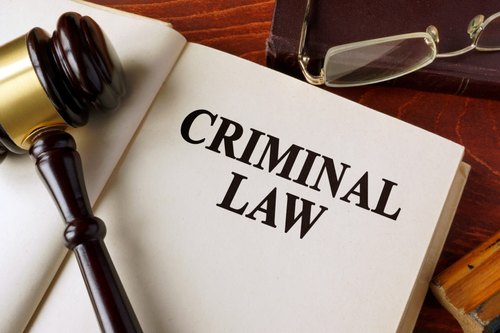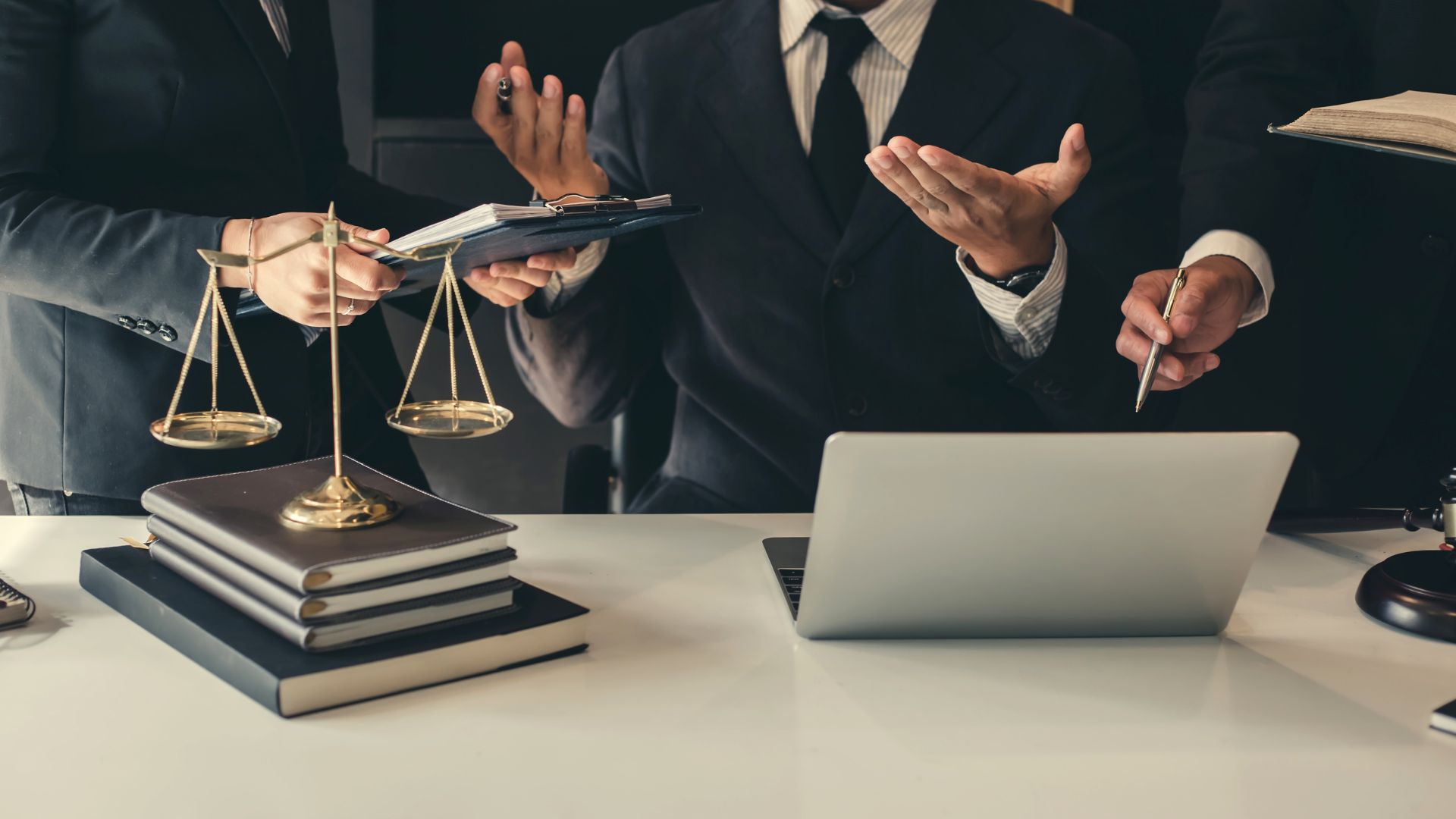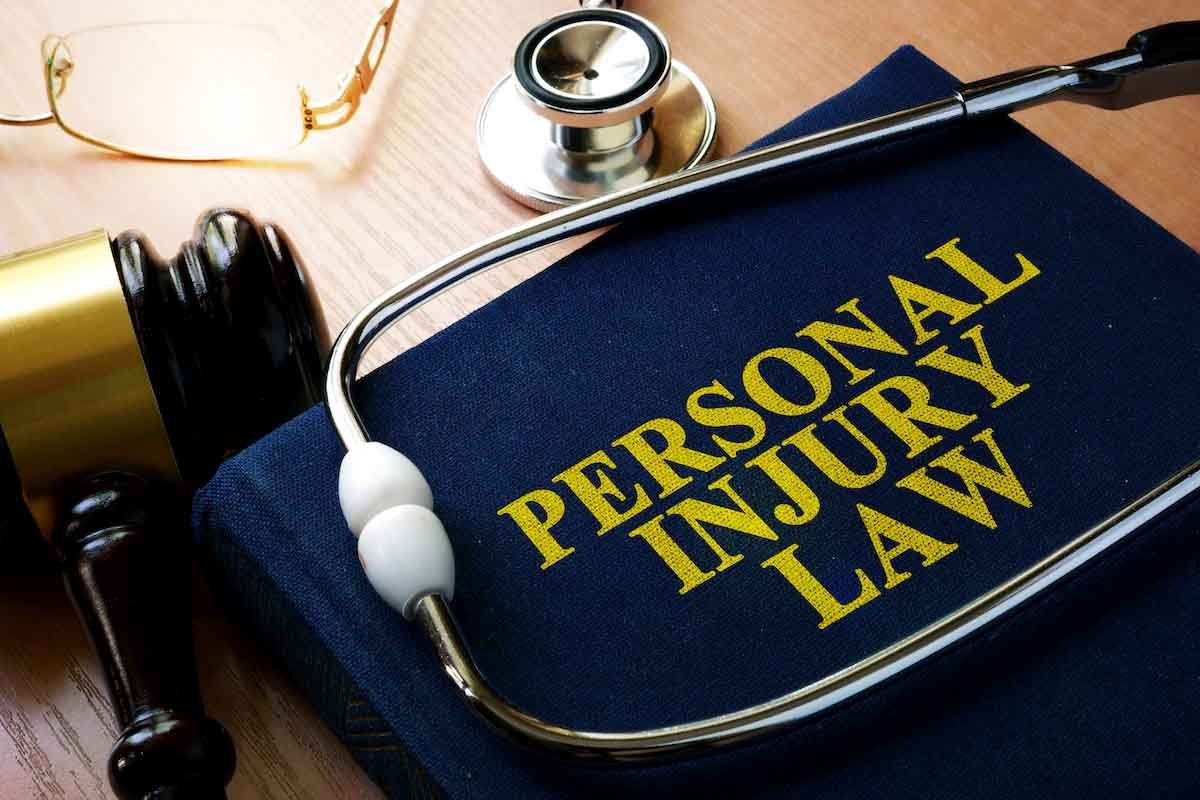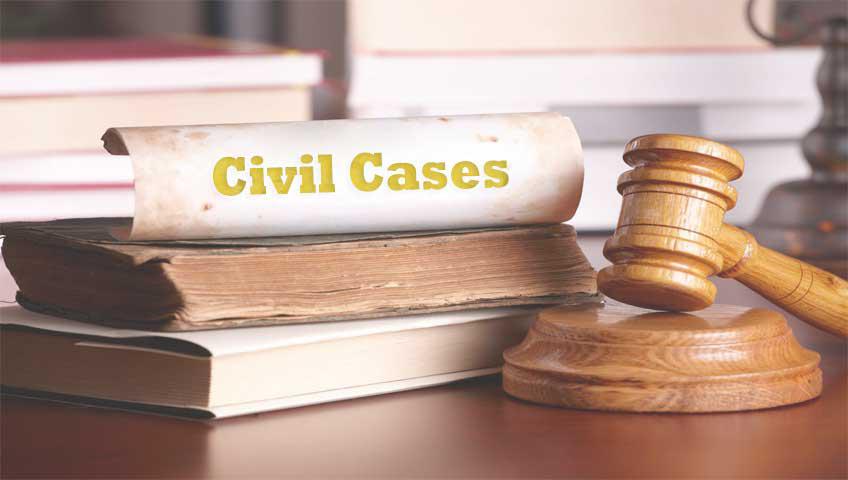Top 10 Questions to Ask a Criminal Defense Lawyer Before Hiring
Being charged with a crime can turn your life upside down—fast. Whether it’s a DUI, theft, assault, or something more serious, choosing the right criminal defense lawyer can be the difference between freedom and jail time, or a clean record and a conviction.
But how do you know who’s the right lawyer for your case?
To make a smart, confident choice, here are the top 10 questions to ask any criminal defense attorney before hiring them.
⚖️ Why the Right Lawyer Matters in Criminal Cases
Criminal cases can move quickly. You need someone who understands:
- Local courts and prosecutors
- State and federal laws
- Plea bargaining, trial strategy, and sentencing
The right lawyer doesn’t just show up to court—they fight for your future.
✅ 1. Do You Specialize in Criminal Law?
Not all lawyers are created equal. Some dabble in many types of law, while others focus exclusively on criminal defense. You want the latter.
Ask:
“How much of your practice is focused on criminal defense?”
A lawyer who regularly handles criminal cases will be more familiar with:
- Local judges
- Prosecutors
- Legal defenses
- Court procedures
This experience is critical when your freedom is on the line.
✅ 2. Have You Handled Cases Like Mine Before?
Every case is different—DUI, drug charges, assault, domestic violence, white-collar crimes, etc. You need someone who has real-world experience with your specific charges.
Ask:
“Have you defended clients facing charges like mine? What were the outcomes?”
A confident, experienced lawyer should be able to share examples (without breaching confidentiality).
✅ 3. What’s Your Strategy for My Case?
This question will give you insight into the lawyer’s thought process and how they plan to handle your defense.
Ask:
“What are the strengths and weaknesses of my case? What strategy would you recommend?”
Look for:
- Clear, honest feedback
- An understanding of local laws
- A willingness to explain your options (plea deal vs. trial)
✅ 4. What Are the Possible Outcomes I Could Face?
Don’t hire someone who sugarcoats everything. You want realistic expectations, not false promises.
Ask:
“What are the best and worst-case scenarios in my situation?”
A good lawyer will explain:
- Potential penalties (jail, fines, probation)
- Likelihood of dismissal or reduced charges
- Possible plea deals
They won’t guarantee a result—but they’ll prepare you for every possibility.
✅ 5. Who Will Handle My Case Day-to-Day?
Some law firms assign cases to junior associates or paralegals after you sign on. That’s not always bad—but you need to know who’s actually representing you.
Ask:
“Will you personally handle my case, or will someone else be my main contact?”
You deserve transparency and consistent communication throughout the process.
✅ 6. What Is Your Fee Structure?
Criminal lawyers can charge by the hour or a flat fee. Some require payment upfront, while others offer payment plans.
Ask:
“How do you charge, and what does your fee include?”
Also ask:
- Are court fees and investigation costs extra?
- Do you charge for every phone call or court appearance?
- Will I get a written agreement?
Make sure everything is crystal clear before signing.
✅ 7. Do You Have Trial Experience?
Even if your case doesn’t go to trial, it helps to have a lawyer who’s comfortable in a courtroom. Prosecutors are more likely to offer a fair deal if they know your attorney won’t back down from trial.
Ask:
“How often do you take cases to trial, and what’s your success rate?”
Confidence, experience, and a solid track record matter.
✅ 8. Can You Explain the Legal Process Step-by-Step?
Criminal court can be overwhelming. A good lawyer should explain things in plain English—not legal jargon.
Ask:
“Can you walk me through what to expect from arraignment to trial?”
You should leave the consultation feeling informed and empowered—not confused.
✅ 9. What’s Your Availability and Communication Style?
Your case might move fast, so you’ll want a lawyer who’s available when you need answers.
Ask:
“How quickly do you return calls or emails? Will I have direct access to you?”
Avoid attorneys who take days to respond or leave you in the dark.
✅ 10. Can You Provide References or Testimonials?
A reputable lawyer should have past clients who are willing to vouch for them (anonymously if needed). You can also check:
- Google Reviews
- Avvo
- Justia
- The state bar’s disciplinary history
Ask:
“Do you have client reviews or references I can check?”
This can give you insight into what it’s really like to work with them.
🧠 Bonus Tip: Trust Your Gut
Even if a lawyer checks every box, the most important factor is trust. After your consultation, ask yourself:
- Did I feel heard and respected?
- Was the lawyer clear, honest, and confident?
- Do I feel comfortable putting my future in their hands?
If something feels off—keep looking.
🚨 When to Hire a Lawyer Immediately
Don’t wait if:
- You’ve been arrested or formally charged
- Police want to question you
- A warrant has been issued
- You’re facing serious penalties like jail or license suspension
The sooner a lawyer is involved, the better your defense will be.
🔍 How to Find a Good Criminal Defense Lawyer Near You
Start by searching:
- “Criminal defense lawyer near me”
- Use directories like Avvo, FindLaw, or Justia
- Ask trusted friends or family for referrals
- Check their state bar status for complaints
Schedule consultations with 2–3 lawyers before making a decision.
🧾 Final Thoughts
Hiring a criminal defense lawyer isn’t just about experience—it’s about choosing someone who will stand by you and fight hard for your future.
Here’s a quick recap of the top 10 questions to ask:
- Do you specialize in criminal law?
- Have you handled cases like mine?
- What’s your strategy for my case?
- What outcomes should I expect?
- Who will handle my case directly?
- What’s your fee structure?
- Do you have trial experience?
- Can you explain the process clearly?
- What’s your communication style?
- Can I check client reviews?
Take your time, ask questions, and trust your instincts. The right lawyer can make all the difference.









Post Comment